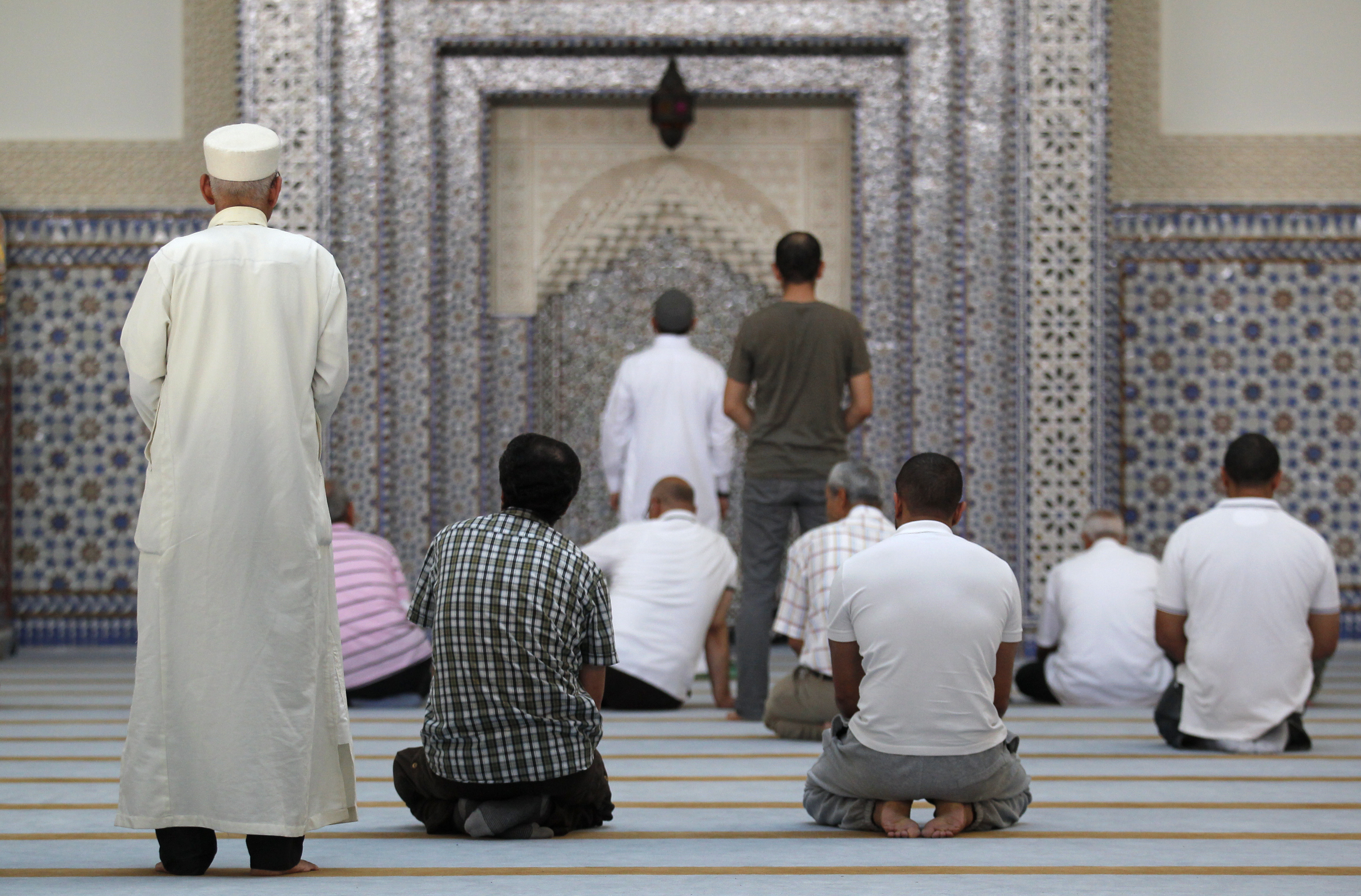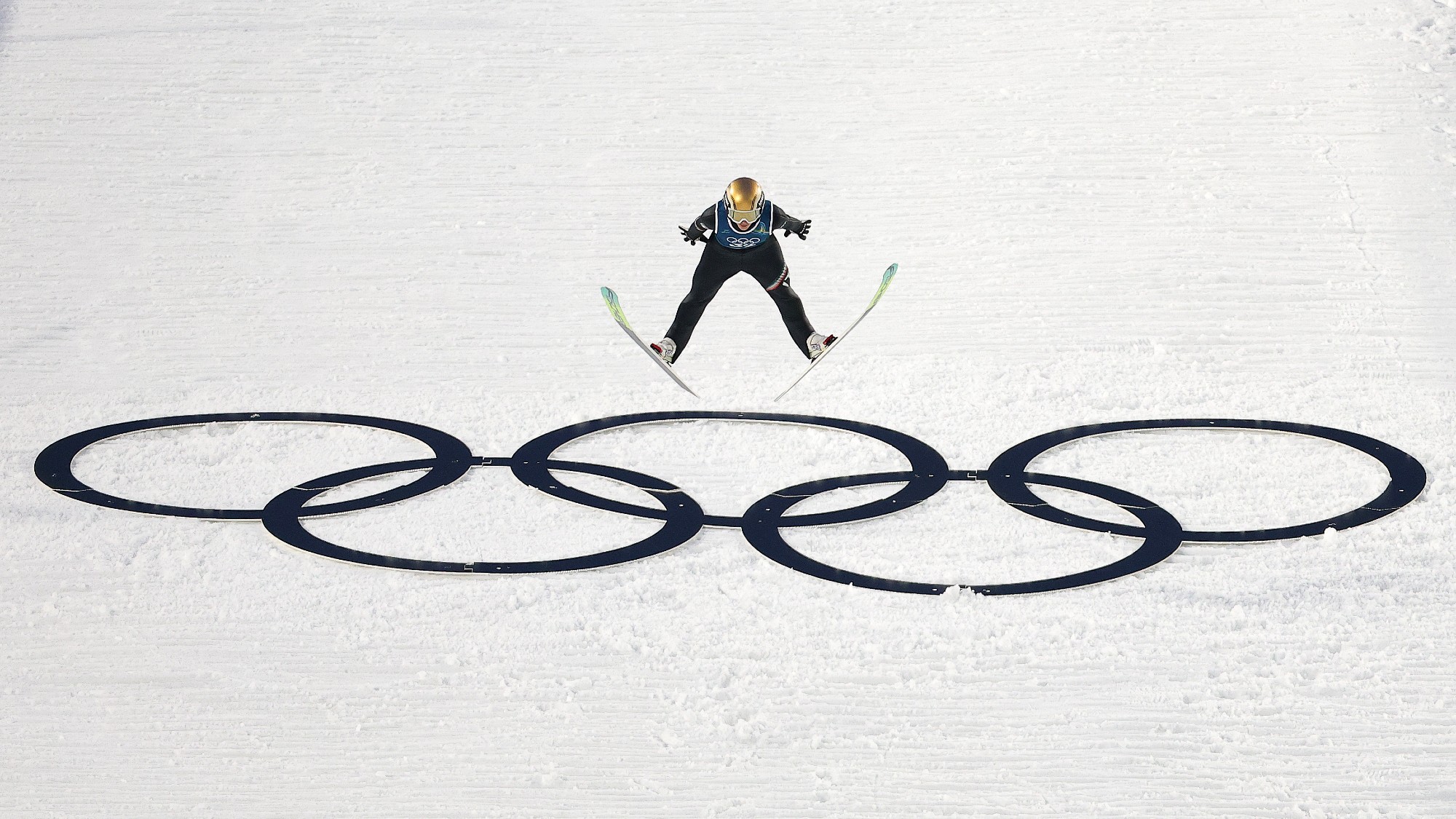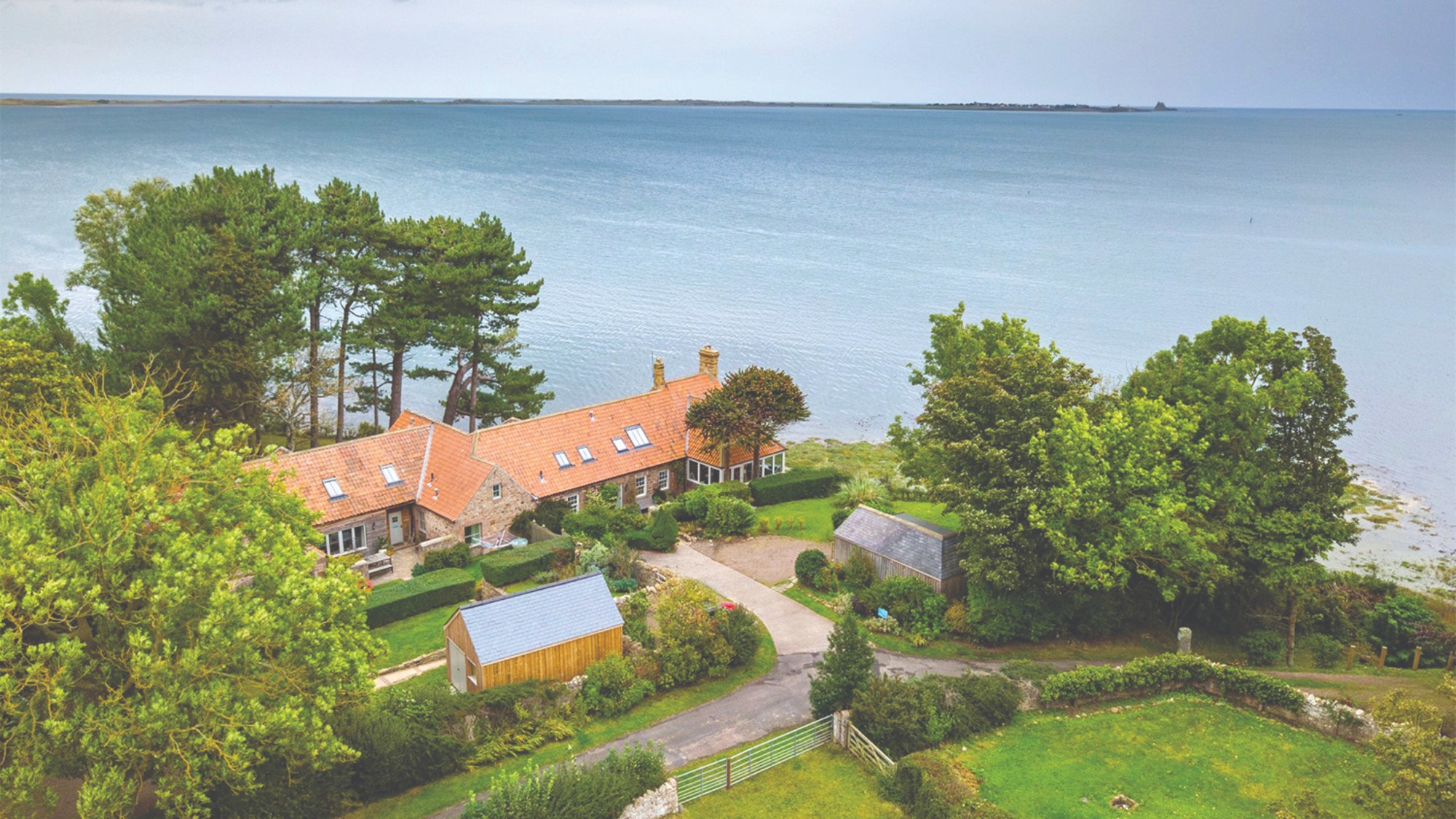France's alienated Muslims
Is it possible to be both French and a Muslim? The terrorist attacks in Paris have given that question new urgency.

A free daily email with the biggest news stories of the day – and the best features from TheWeek.com
You are now subscribed
Your newsletter sign-up was successful
How many Muslims live in France?
The republic's secular principles forbid the collection of data on ethnicity and religion, but it's estimated that there are about 5 million Muslims, or 7.5 percent of the population. That's the largest Muslim community in Europe, and makes Islam second only to Catholicism in the number of adherents in France. Even before the Charlie Hebdo terrorist attacks, French society viewed this substantial minority with great ambivalence — and Muslims viewed French society with great ambivalence of their own. Only 27 percent of French citizens said they had an unfavorable view of Muslims — compared with 63 percent of Italians and 46 percent of Spaniards — but 74 percent thought that Islam was inherently incompatible with France's secular values. Those values leave the Muslim community largely alienated from the rest of France. "They're not integrated into French society at all," says Soeren Kern of the Gatestone Institute, a think tank. "In a way, they're stateless."
Why are there so many French Muslims?
The Week
Escape your echo chamber. Get the facts behind the news, plus analysis from multiple perspectives.

Sign up for The Week's Free Newsletters
From our morning news briefing to a weekly Good News Newsletter, get the best of The Week delivered directly to your inbox.
From our morning news briefing to a weekly Good News Newsletter, get the best of The Week delivered directly to your inbox.
Most of them emigrated from former French colonies in Africa. About 1.5 million have roots in Algeria, 1 million in Morocco, and 400,000 in Tunisia. The influx began in the late 1940s, when the French government needed to cover the labor shortfall caused by the Second World War. After former colonies gained their independence in the 1950s and '60s, immigration rules were relaxed, and many North Africans went to France for work. But the decades of colonial rule left many immigrants with a deep distrust of the French. Nor were the French especially welcoming. Immigrants were largely housed in high-rise housing projects on the outskirts of big cities like Paris, Lyon, and Marseille. Fifty years later, many of these banlieues, or suburbs, have essentially become Muslim ghettos.
What is life like in the banlieues?
Joblessness runs at 20 percent, more than double the national average, and up to 40 percent among 15- to 24-year-olds. In some of the country's 751 zones urbaines sensibles (sensitive urban zones), reports of crimes are ignored because police fear for their own safety. Discontent frequently boils over. In the autumn of 2005, weeks of rioting in banlieues across the country left 10,000 cars burnt out, hundreds of public buildings damaged, and a clean-up bill of $230 million. Since then, the government has spent $55 billion trying to improve these run-down areas, but many Muslims still feel that France doesn't care about them. "People are happy the banlieues exist to cage up people they don't want to see or worry about," says Djib, a young resident of the Paris suburb of Clichy-sous-Bois. "If we're out of sight and out of mind, c'est bien."
Why are French Muslims so isolated?
A free daily email with the biggest news stories of the day – and the best features from TheWeek.com
At the heart of the issue is laïcité, the principle that church and state must be completely separate, with no religious expression in the country's government, judiciary, or schools. Laïcité dates to the late 19th century and was originally directed at keeping the influence of the Catholic Church out of government. But many Muslims feel that secularism is now being used to attack Islam. In 2004, there was an uproar when lawmakers banned veils and other religious symbols in the classroom. In 2011, France became the first European country to ban women from covering their face in public with a niqab or burqa.
Why else do Muslims feel alienated?
Many believe that the French, with their powerful sense of national and cultural identity, have never truly accepted Muslims — even those who are born in France. "How am I supposed to feel French when people always describe me as a Frenchman of Algerian origin?" asks French-born writer Nadir Dendoune. A 2010 Stanford University study found that a Christian job applicant of African heritage was two and a half times more likely to be asked for an interview than an equally qualified Muslim with African roots. Perhaps most damaging, though, is the rise of the far right. Marine Le Pen, leader of the National Front party, once compared France's rising Muslim population to the Nazi occupation — and she's currently leading polls for the 2017 presidential election.
How many Muslims are radicalized?
A small percentage, but enough to pose a serious threat. The banlieues and French prisons — where the inmate population is 60 percent Muslim — have become ideal recruiting grounds for Islamist extremists. More than 1,200 French Muslims have left France to join ISIS in Syria — more jihadists than from any other European country. Now France must deal with radicalized citizens waging jihad within its own borders. Among Muslims, the response to the Charlie Hebdo attacks was very telling. While most opposed the violence, few French Muslims jumped on the "Je Suis Charlie" bandwagon; most view the magazine's mockery of Islam's prophet as a symbol of the humiliation French Muslims experience every day. "We have high unemployment, high poverty — religion is all we have left," explains Mohamed Binakdan, a transit worker in Paris. "And yes, we have a hard time laughing about it."
Double standards on free speech
Many French Muslims believe there is one set of rules for them and another for everyone else, and freedom of speech is a case in point. As millions of people declared solidarity with Charlie Hebdo's right to publish cartoons that offend many Muslims, police are investigating about 100 people for expressing support of the terrorists. The controversial comedian Dieudonné M'bala M'bala was arrested after he wrote on his Facebook page, "I feel like Charlie Coulibaly" — a reference to terrorist Amedy Coulibaly. Others have pointed out that while publishing cartoons of the Prophet Mohammed defecating or having sex is legal under French law, denying that the Holocaust took place is not. The difference, according to French media lawyer Mathieu Davy, is simple. "I have the right to criticize an idea, a concept, or a religion," he says. "But I don't have the right to attack people and to incite hate." Many Muslims see that explanation as inherently contradictory — a distinction without a difference.
-
 What to watch out for at the Winter Olympics
What to watch out for at the Winter OlympicsThe Explainer Family dynasties, Ice agents and unlikely heroes are expected at the tournament
-
 Properties of the week: houses near spectacular coastal walks
Properties of the week: houses near spectacular coastal walksThe Week Recommends Featuring homes in Cornwall, Devon and Northumberland
-
 Will Beatrice and Eugenie be dragged into the Epstein scandal?
Will Beatrice and Eugenie be dragged into the Epstein scandal?Talking Point The latest slew of embarrassing emails from Fergie to the notorious sex offender have put her daughters in a deeply uncomfortable position
-
 Why Puerto Rico is starving
Why Puerto Rico is starvingThe Explainer Thanks to poor policy design, congressional dithering, and a hostile White House, hundreds of thousands of the most vulnerable Puerto Ricans are about to go hungry
-
 Why on Earth does the Olympics still refer to hundreds of athletes as 'ladies'?
Why on Earth does the Olympics still refer to hundreds of athletes as 'ladies'?The Explainer Stop it. Just stop.
-
 How to ride out the apocalypse in a big city
How to ride out the apocalypse in a big cityThe Explainer So you live in a city and don't want to die a fiery death ...
-
 Puerto Rico, lost in limbo
Puerto Rico, lost in limboThe Explainer Puerto Ricans are Americans, but have a vague legal status that will impair the island's recovery
-
 American barbarism
American barbarismThe Explainer What the Las Vegas massacre reveals about the veneer of our civilization
-
 Welfare's customer service problem
Welfare's customer service problemThe Explainer Its intentionally mean bureaucracy is crushing poor Americans
-
 Nothing about 'blood and soil' is American
Nothing about 'blood and soil' is AmericanThe Explainer Here's what the vile neo-Nazi slogan really means
-
 Don't let cell phones ruin America's national parks
Don't let cell phones ruin America's national parksThe Explainer As John Muir wrote, "Only by going alone in silence ... can one truly get into the heart of the wilderness"